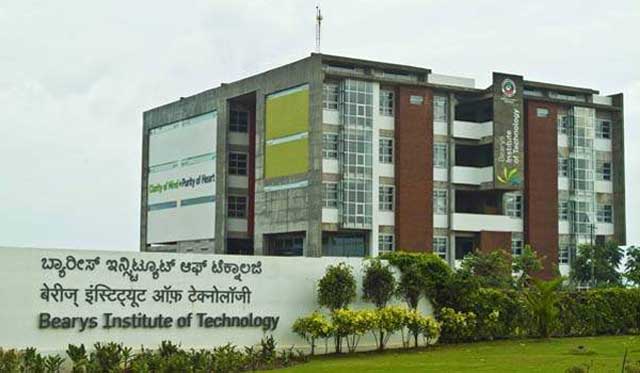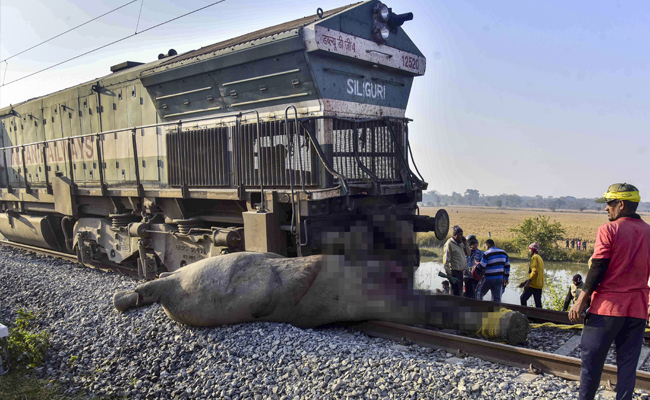Mangaluru: Amid total lockdown in Mangaluru, The Bearys Institute of Technology and (BIT) and Bearys Enviro Architecture Design School – BEADS have started E-Classes for the Students of Engineering and Architecture.
Principal of the institution has convened an online e-meeting and instructed the faculty members to conduct the online classes for students through the app, to cater the curriculum requirements of the university for current semester.
He also advised students to enroll in at least one of the NPTEL (National Programme on Technology-Enhanced Learning) online courses conducted by professors of IIT across the country.
“Professors are being involved in online delivery and training with a pre-planned timetable schedule and at the end of every session doubts are being clarified. The regular classes are taken on Google Classroom, Team viewer and Zoom. There is good feedback from parents as well as from students” a press statement from the institution added.
Let the Truth be known. If you read VB and like VB, please be a VB Supporter and Help us deliver the Truth to one and all.
Jamshedpur (PTI): Over half a dozen passenger trains will remain cancelled for three days from December 22 under the Chakradharpur division of South Eastern Railway due to the movement of elephants, a railway statement said on Sunday.
The Memu train services will remain cancelled between December 22 to 24, a South Eastern Railway statement said.
ALSO READ: Woman cop shoots, injures rape accused trying to flee during crime reconstruction in Gujarat
Movement of a herd of elephants has been noticed near rail tracks between Chakradharpur (Jharkhand's Singhbhum)-Jharsuguda (Odisha) section of the division, especially Bandamuna during night, said Senior Divisional Commercial Manager, Chakradharpur division of S E Railway, Aditya Choudhary.
The train services are being slowed down, causing traffic congestion and subsequently delaying train movements, he said.
The trains which will remain cancelled due to elephant movements in the section include 68025/68026(Ckp-Rou-Ckp), 68043/68044 (Tata-Rou-Tata), 18175/18176(Hte-Jsg-Hte), 68029/68030 (Rou-Jsg-Rou), 58151/58152 (Brmp-Bxf-Brmp) PASS, 68125/68126 (Tata-Bbn-Tata) MEMU, 68019/68020 (Tata-Gua-Tata) Memu, 68010/68009/68006 (Ckp-Tata-Kgp-Ckp) Memu, it added.





